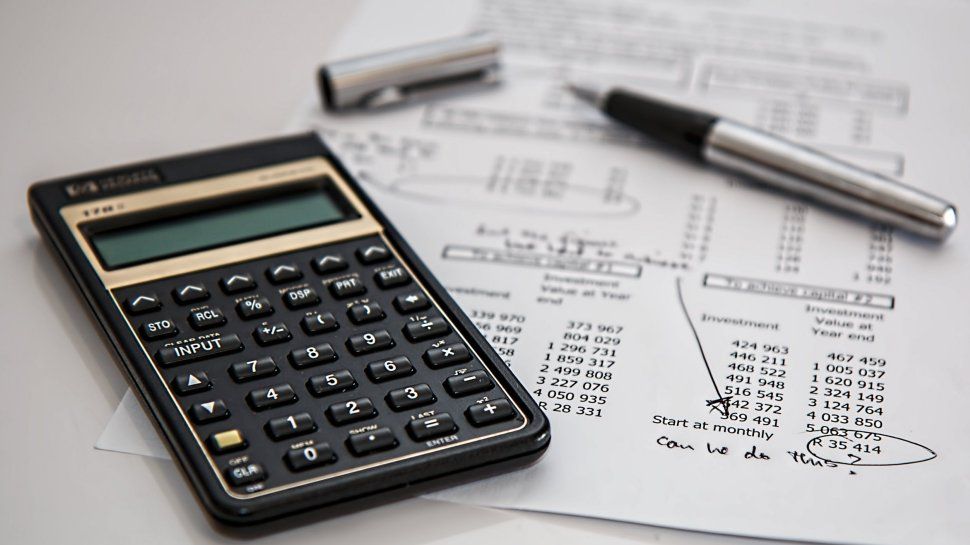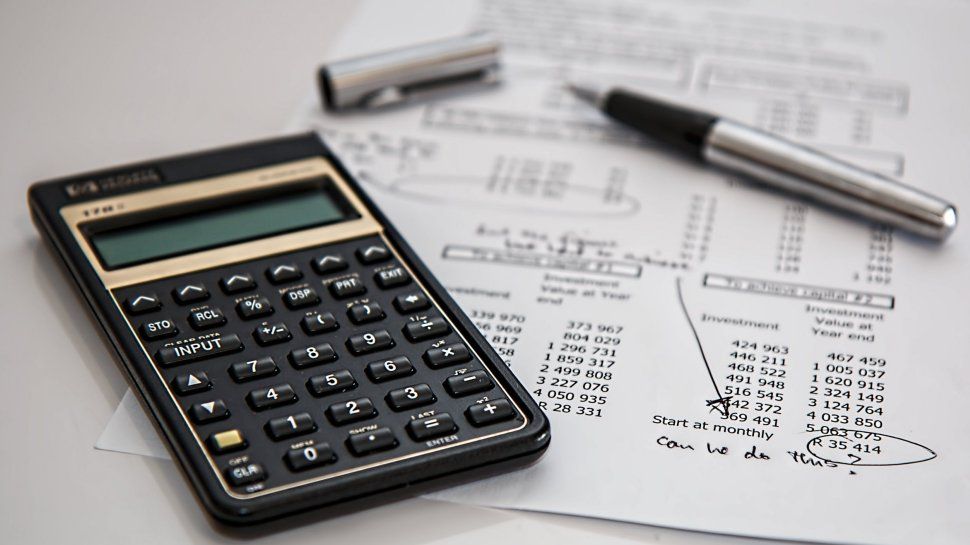
Over a quarter of the UK’s 12 million self-employed workers could face larger tax bills after filing their self-assessment tax returns, which are due in by the end of this month.
And, according to new research carried out by accounts software giant Intuit, around 3 million people working for themselves could find their tax bills doubling.
Many self-employed workers opted to defer their 2019-2020 tax payments because of the coronavirus pandemic, while the inclusion of COVID-19 loans and schemes is making the tax filing process even more complicated than usual.
While accounting software like Intuit’s QuickBooks is helping to make the tax filing procedure slightly less stressful, figures from the company show that 26% of sole traders reckon they’ll find it hard to pay their tax bill this year. The fallout from coronavirus is cited as one of the main reasons.
Tax filing
HMRC has already indicated that it will be more lenient towards those who file their self-assessment tax return late this year. The tax collector has said that clemency will be shown for those submitting their return after the January 31 deadline if they’ve been directly impacted by COVID-19. During normal circumstances the penalty for late filing is at least £100.
The research from Intuit QuickBooks also found that many self-employed workers find it hard to judge how much tax they’re liable to pay. Some 42% of those questioned got their estimate wrong, with 21% underestimating the final tax sum payable.
Self-assessment is certainly more complex for those filing by the end of the month. COVID-19 support grants such as the Self-Employed Income Support Scheme are required to be declared on tax returns.
In addition, because of coronavirus the government gave sole traders the option to delay their second payment instalment for the previous tax year (2019-2020) in July 2020. Therefore, payment of this deferral will also be due in January 2021, which may mean that many more self-employed workers could be looking at a larger tax bill than usual.
